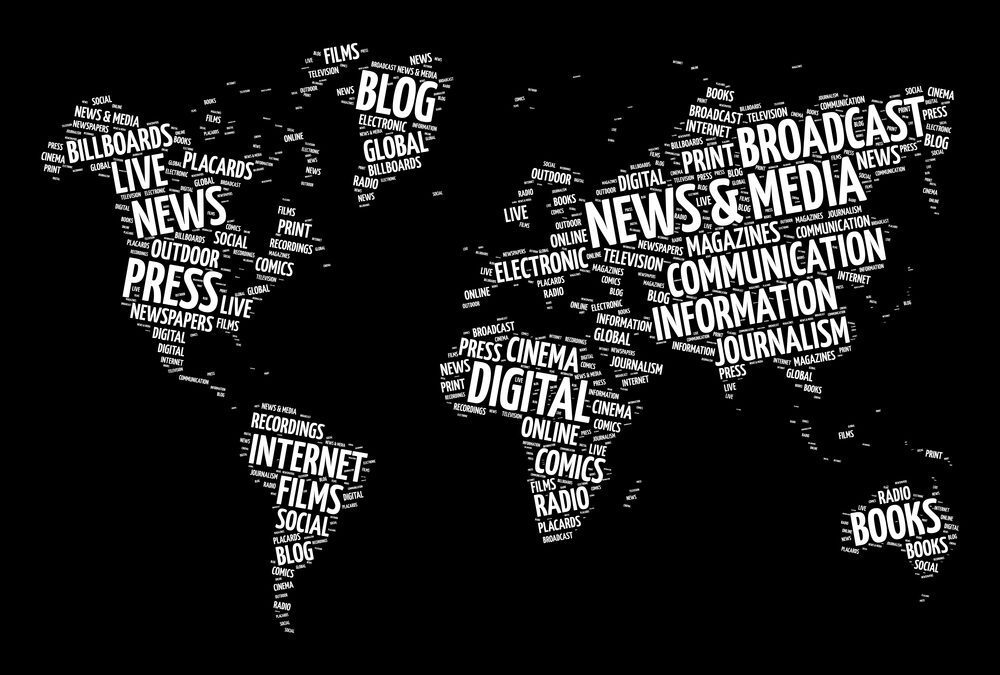The Holy Grail of personal development is how to consistently achieve goals and or how to be consistently happy. There is no real consensus on how to do this, but there have been some notable, standout contributions.
The best single summation on this topic is from the famous Swiss psychiatrist Carl Jung, who said, “Happiness is achieved by integrating the experiences, aspects, and contradictions of an immature personality into a greater whole.” How I understand this quote, in the vernacular, is that ‘stuff’ is going to happen in our lives, either because it just is, or because of the choices we make, good or bad. In any case, you will need to find a way to deal with it and to be happy, either because of what happens, or despite it.
The best articulation of the overarching process of living comes from Joseph Campbell’s work on the Hero’s Journey. Think of this as an archetype, a universal human filter. There are many steps in the Hero’s Journey, and it can play out in grand cycles and on smaller scales in our lives, in the lives of those around us, and in human society in general. Basically –
- You set out on your journey in life being somewhat naïve,
- You will be presented with opportunities to go on a ‘quest’ or ‘adventure’ (the purpose of this is experience, change, and growth),
- At the start of your quest you may face gate guardians who ensure that you are ready for your quest,
- Then, if you are ready, you pass the threshold where there can be no turning back,
- You will then face test and trials, but there will always be help available to you,
- Next, there is the pit, the abyss, or the cave, where there is death of the old-self and rebirth, transformation, and atonement (at-one-ment),
- Then the transformed hero returns to serve humanity with a gift, knowledge, or bounty of some sort.
Though we all play out this pattern in our lives, we do not always reach completion in it, nor do we always navigate each of the steps successfully. For example, tragedy is, when faced with the opportunity of transformation, the hero resists and does not transform. In fact, some people even go as far as to say that all pain, physical or emotional is caused by resistance to the natural flow of our lives. Even if that’s not the case, surrendering to this process allows your life to flow better.
The Carl Jung quote and the Hero’s Journey both talk about process, which life is of course. But how do you follow this process in any moment, when faced with choices what do you do? To answer this question, I think we need to adopt a higher, more spiritual perspective, which I take from channelled content. From a spiritual perspective we lower the vibration of our consciousness to have this physical experience. We do this by adopting certain negative beliefs, which restrict and narrow the focus of our greater spiritual being. By navigating life through the hero’s journey process, we can pick up more and let go of some of our negative beliefs. Eliminating negative beliefs raises the vibration of our consciousness, and thereby makes us better at dealing with life’s challenges. In summary the structure of our total consciousness is, we have a higher conscious, an unconscious, and a conscious mind.
- The higher conscious mind exists outside of physical reality and has a much broader perception of time and a more limited perspective of space than we do in the physical.
- The unconscious mind is the bridge between our higher conscious mind and our conscious mind. It is like a limitless storehouse of knowledge and information for us. But it also acts as a reducing valve to only let through what the conscious mind really needs when it needs it.
- The conscious mind has a broad perspective of space but a limited perception of time. Its principal job is to focus our attention in physical reality, and to take action as directed by the higher conscious mind through the unconscious. The way this works is through the feeling of excitement, which is the ‘vibrational’ sense of alignment with the higher conscious mind. All the conscious mind ever needs to do is to act on the feeling of excitement, to the best of its ability, as far as it can, with no insistence that events need to turn out the way we initially imagined that they would.
Therefore, part of the Holy Grail of goal achievement and happiness is to stop insisting that we know, consciously, what will make us happy anyway.
The final thoughts on this I will leave to Mihaly Csikszentmihalyi, author of the book Flow. People find happiness most often when they are in the flow state. The way to get into the flow state is to engage in activities that are goal directed, things that you can do, that don’t bore you, rather they challenge your skill set, but not such that it creates anxiety. You know when you are in a flow state when time loses its meaning, the activity is effortless, almost as if you are watching yourself do it, and because you sometimes get moments of deeper insight associated with the task.
So I guess, I can say in summary, do what you love to do and forget about the outcome. Just be you, whilst knowing that life is a bit of a free-flowing rollercoaster. There will be ups and downs, oohs and ahhs. And if I now clumsily switch metaphors, life, like all good films, will go from once upon a time to happily ever after. As you do you might discover you were never actually looking for the Holy Grail anyway, you are the Holy Grail.
“But what is happiness except the simple harmony between a man and the life he leads?” Albert Camus





